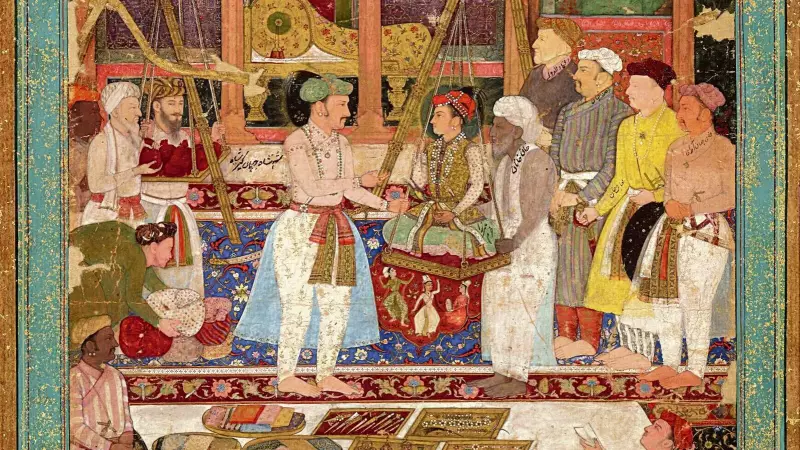
Long before modern corporations and digital marketplaces, the Mughal Empire was orchestrating one of history's most remarkable economic transformations. Between the 16th and 18th centuries, India wasn't just another kingdom—it was a global economic powerhouse that commanded nearly a quarter of the world's wealth.
The Economic Engine That Powered an Empire
The Mughals didn't just build magnificent monuments; they constructed a sophisticated economic system that would make modern entrepreneurs envious. Their secret weapon? A revolutionary approach to agriculture that turned the Indian subcontinent into the world's agricultural breadbasket.
The empire's agricultural productivity was staggering, with crop yields that surpassed European standards by 30-40%. This agricultural surplus didn't just feed the population—it fueled massive manufacturing and export industries that reached across continents.
Global Trade Networks That Spanned Continents
Mughal India wasn't operating in isolation. The empire sat at the center of a vast global network that connected:
- European traders seeking luxury goods
- Southeast Asian spice merchants
- Middle Eastern textile markets
- African and Chinese trading partners
Indian textiles became the empire's signature export, with Mughal fabrics dressing aristocrats from London to Lisbon. The quality was so exceptional that European companies couldn't compete, leading to what historians call the 'great textile drain' of silver into India.
Innovative Business Practices Ahead of Their Time
The Mughals pioneered business concepts that would only become mainstream centuries later:
- Standardized currency systems that facilitated trade across vast territories
- Sophisticated banking networks with hundi (bills of exchange) that functioned like modern checks
- Quality control mechanisms that maintained India's reputation for excellence
- Infrastructure development including the famous Grand Trunk Road that connected markets
Lessons for Modern Business Leaders
What can today's entrepreneurs learn from Mughal commercial success? The empire's approach highlights timeless business principles:
Quality creates global demand—Mughal products weren't just commodities; they were luxury items that commanded premium prices worldwide. Infrastructure enables commerce—their investment in roads and trade routes paid dividends for centuries. Standardization builds trust—their consistent quality and reliable systems made Indian goods the global standard.
The Mughal economic story isn't just ancient history—it's a case study in building sustainable commercial empires that stand the test of time.





